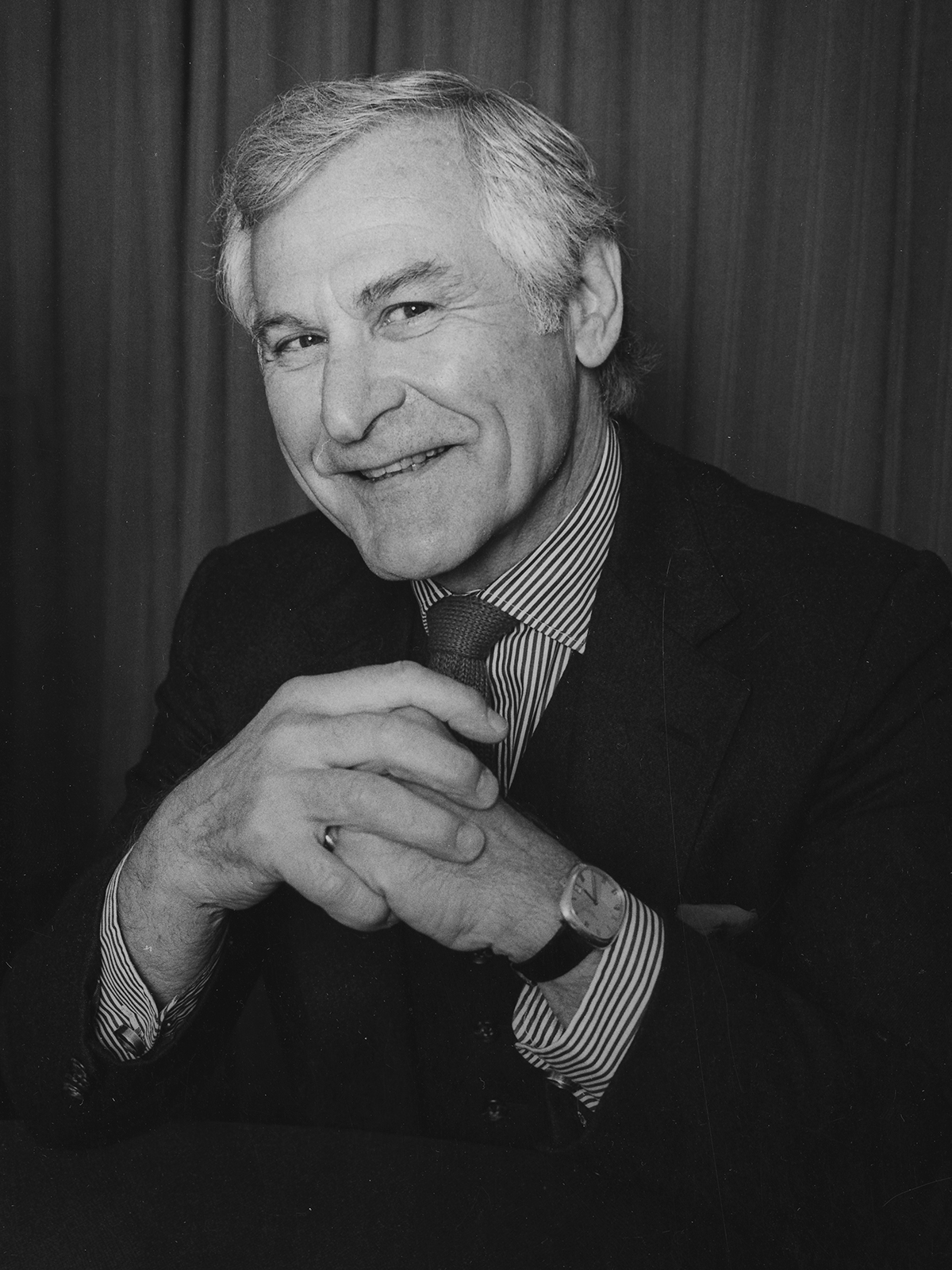
- Industry
Forgotten Hollywood: Sam Wanamaker
Samuel Wattenmacker, more commonly known as Sam Wanamaker, was born in Chicago in 1919. He was known as London’s favorite American actor and director. Wanamaker trained at the prestigious Goodman Theatre in Chicago and began his career as an actor with traveling shows and Broadway at the age of 17. After serving in the U.S. Army from 1943 to 1946, Wanamaker followed his passion for cinema. He made his feature film debut with My Girl Tisa in 1948 following which he starred in and directed numerous films and TV series. His most famous film roles were Judgment in Berlin (1988) Superman IV: The Quest for Peace (1987), Private Benjamin (1980), Death on the Nile (1978), and Taras Bulba in 1962.
While working on the radio in 1951, Wanamaker made a speech welcoming the return of two of the Hollywood Ten during Senator McCarthy’s ‘Red Scare’ period. Consequently, his career was derailed by the machinations of McCarthy and his committee. Despite his distinguished service in the Army during World War II, the House of Un-American Activities Committee marked him as a communist sympathizer. In 1952, while filming Mr. Denning Drives North, in the United Kingdom, Wanamaker learned that he was blacklisted in Hollywood. As a result, Wanamaker decided not to return to the United States and became a political refugee in England.
Over the next ten years, Wanamaker worked on-stage as a director, producer, and actor and reestablished his career. In the 1960s, Wanamaker acted in two internationally produced films, The Concrete Jungle in 1962 and The Spy Who Came in From the Cold in 1965. He directed a feature film in 1969 titled The File of the Golden Goose, in addition, he directed The Executioner in 1970 and several other critically acclaimed films. In 1981 he directed a television movie based on a true story titled, The Killing of Randy Webster and starred as a widower and a ruthless department store owner named Simon Berrenger on the short-lived drama series Berrenger’s, in 1985. He worked on Lancer, the western TV series, which is depicted in the 2019 film Once Upon a Time in Hollywood. In the Tarantino film, Nicholas Hammond portrayed Wanamaker.
Wanamaker will forever be remembered in England for being instrumental in building the New Globe Theatre in London. Wanamaker was shocked when he discovered that the only monument to Shakespeare’s legendary theatre was a faded plaque on a factory wall and became obsessed with the idea of reconstructing a replica of the original Globe theatre used by the Bard. When asked what inspired him to take on this enormous project he said, “This is more than just the rebuilding of the Globe, creating some kind of monument to Shakespeare which he doesn’t need. His books are his monuments. But this will be a major center for the study of Shakespeare in performance. We are making the only faithful effort to restore the theater in every respect as close to the original as possible”.
It was a dedicated effort for over a decade, campaigning and raising funds to restore Shakespeare’s Globe Theatre. Upon its completion, the Globe Theatre engendered a cultural revolution that altered expectations and boundaries, redefining the meaning of impossible. On June 12, 1997, Her Majesty the Queen, accompanied by Prince Philip, inaugurated the new Globe Theatre.
Unfortunately, Wanamaker died of cancer on December 18, 1993, much before the project was completed. For his work in reconstructing the Globe Theatre, Wanamaker was made an honorary Commander of the Order of the British Empire (CBE) in July 1993. He was also honored with the Benjamin Franklin Medal by the Royal Society of Arts in recognition of his contribution to theatre. It was his passion and belief in the theatre that is a constant reminder especially now in these unprecedented and uncertain times of how having a little faith can change the world.

